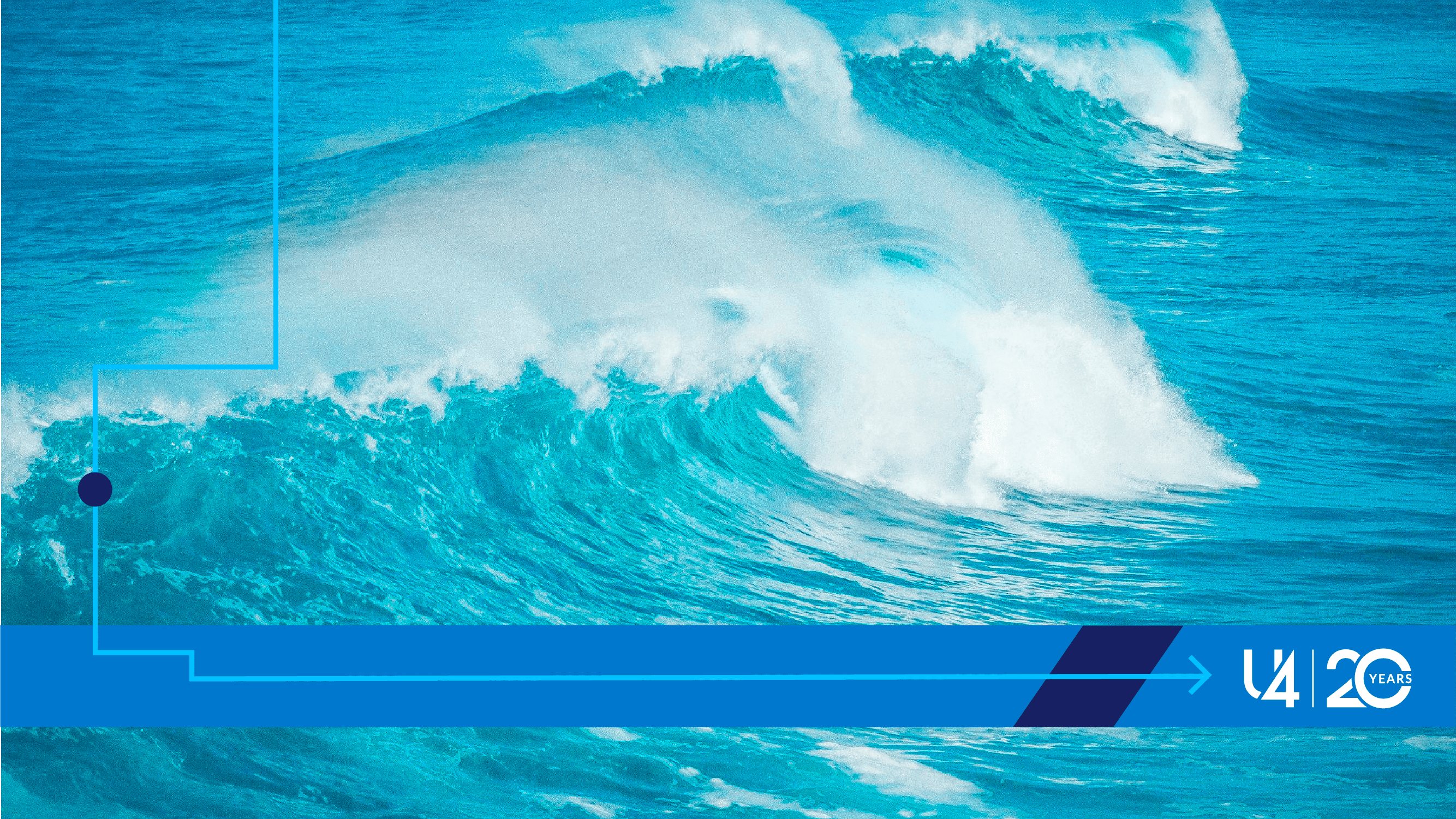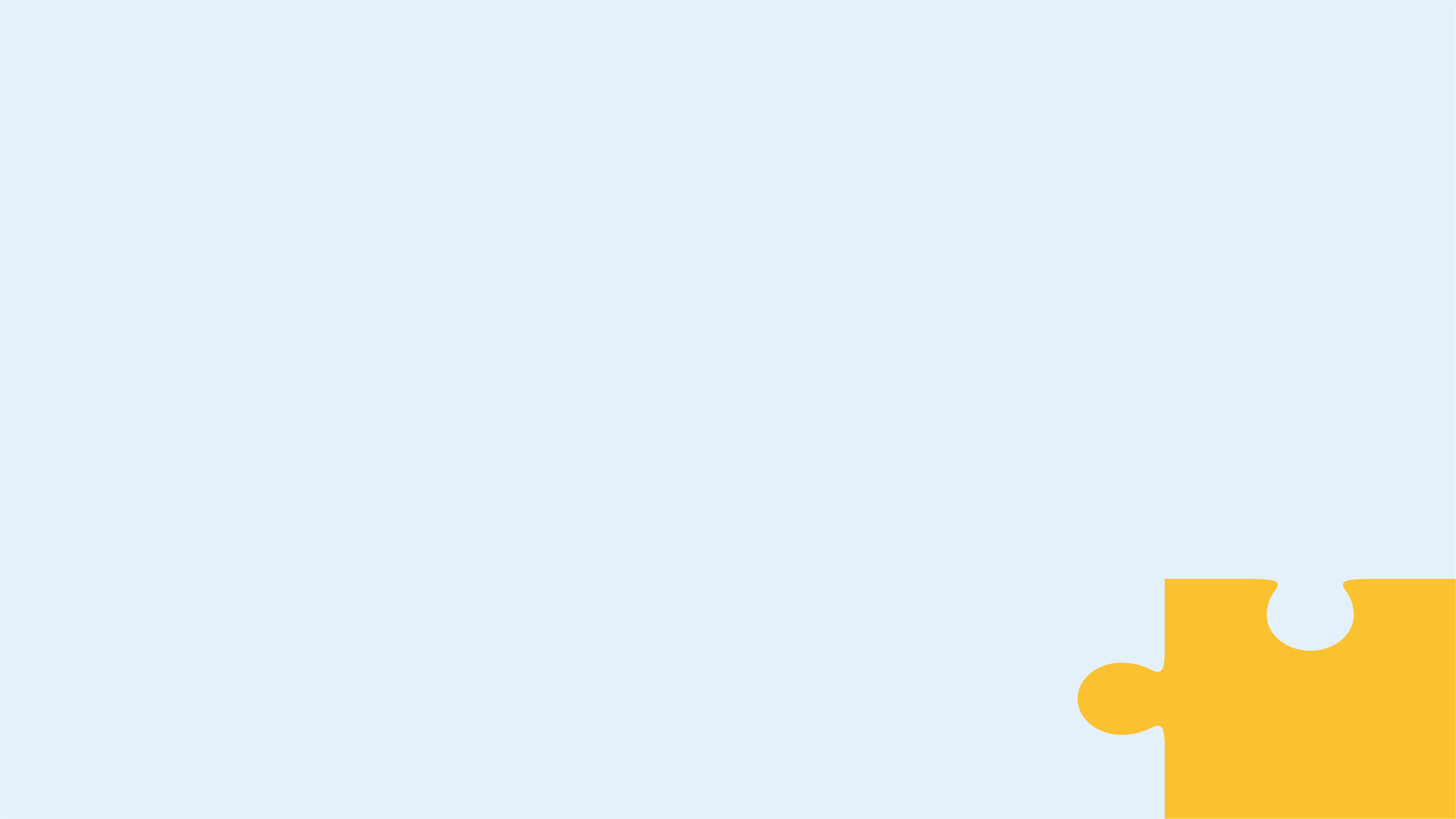Since Transparency International first launched its Corruption Perceptions Index about three decades ago, a lot of progress has been made towards the measurement of different types of corruption and the resilience of states and organisations in managing risks, resulting in many different types of assessment tools being available today.
This U4 blog series being published in 2024–2025 presents some of the more recent measurement and assessment tools – focusing on those that have been developed with global or regional applicability in mind, and how they have been, or could be, applied in practice – particularly in development programming.
Series editors: Sofe Arjon Schütte and Joseph Pozsgai-Alvarez
- One year on: The Vienna Principles for the measurement of corruption (Elizabeth David-Barrett) 2 Sep 2024
- Measuring progress on Sustainable Development Goal 16.5
(Bonnie J. Palifka) 1 Oct 2024 - Pitfalls in measuring corruption with citizen surveys
(Mattias Agerberg) 11 Nov 2024 - Decoding corruption: The DATACORR database for better survey questions
(Luís de Sousa, Felippe Clement, Gustavo Gouvêa Maciel) 25 Nov 2024 - Can we standardise global corruption measurement?
(Salomé Flores Sierra Franzoni) 13 Dec 2024
Sign up to the U4 Newsletter to get updates, or follow us on Linkedin.


